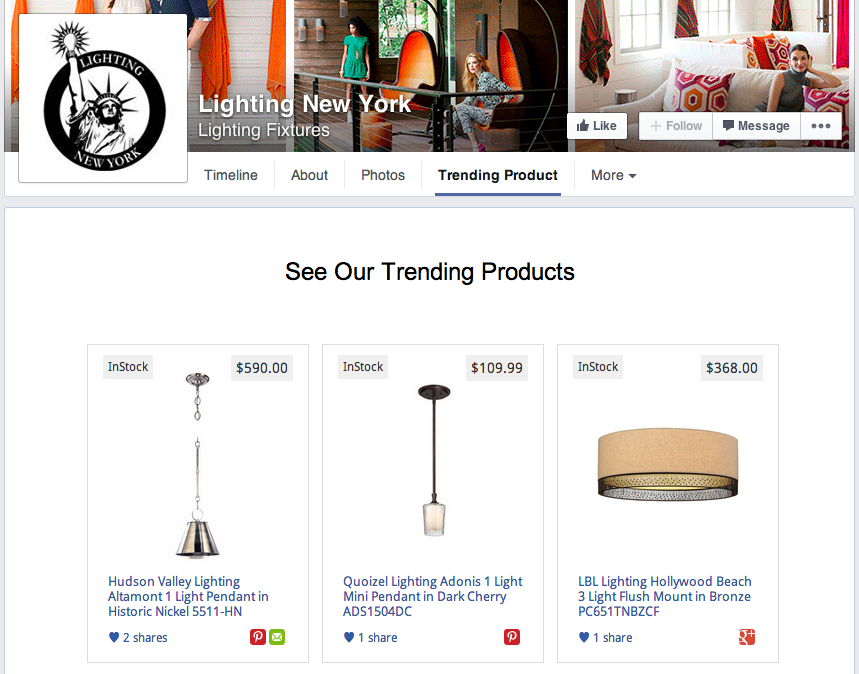Bitcoin What is it And should you accept it AddShoppers
Post on: 2 Апрель, 2015 No Comment

Bitcoin, a software-based online payment system, came on the scene in 2009. Though it’s been around for a few years now, people are only now starting to pay attention to what this digital currency could mean for our economic future. People really started to pay attention earlier this year when major eCommerce companies like Overstock.com, OKCupid, Reddit and Zynga began accepting bitcoin as a form of payment from their customers.
TL;DR
- Bitcoin is a peer-to-peer payment network
- It is not FDIC insured, but can be secured through user precautions
- Bitcoin can be purchased or mined
- When bitcoin was developed, it was capped at 21 million bitcoins.
- Retailers with a tech savvy customer base should integrate bitcoin.
What is Bitcoin?
Bitcoin can be described as a decentralized virtual cryptocurrency, but who actually knows what that means? Simply put, it is a peer-to-peer payment network without a repository. There are no third parties handling the exchanges so there are no fees associated with transactions making bitcoin the only monetary system to put the customer first with no bank regulations.
But, what about security?
Without an Federal Deposit Insurance Corporation (FDIC) insured bank, many consumers may be worried about the security of their transactions. That’s a reasonable concern since we all grew up thinking the FDIC was the only way our money would be protected, but those days are gone. While bitcoin is not FDIC insured, your money can remain safe if you follow some simple procedures. Many bitcoin users will place their bitcoins in ‘cold storage’ offline which protects the bitcoins from being accessed by remote users. You can also backup your wallet’s digital keys, encrypt your keys and use the multisignature feature which requires 3 to 5 members of an organization to approve transactions. You should treat your bitcoin wallet just like cash — keep it offline and back it up.
Though bitcoin does not require third parties in order to make transactions, some consumers choose to keep their wallet on secure sites like Coinbase. Using a third parties like Coinbase can mitigate some of the volatility of bitcoin and help increase security. Coinbase, specifically, stores users’ sensitive data on secure servers that are kept completely offline, uses AES-256 encryption and even stores drives or paper backups in safe deposit boxes that are geographically distributed throughout the world. But, don’t assume every third party is created equal, do your research and choose wisely if using a third party digital wallet.
Though there are ways you can keep your bitcoins safe, you should still take care when entering the bitcoin market. When bitcoin was developed, it was capped at 21 million bitcoins. So, unlikely government monitored currency, no more bitcoin can be made and the predetermined circulation prevents inflation. Instead, the price and value of Bitcoin shifts based on the supply and demand for it.
How does it work?
Consumers can get their hands on bitcoins in two ways. The first, and probably the more user friendly, is to purchase bitcoin. As I write this, the exchange rate is $485.99 USD to 1 BTC. This is where bitcoin becomes almost like a new kind of stock market because you can buy and sell bitcoin as the price fluctuates. Many of bitcoin’s first investors are seeing a windfall now that the cryptocurrency is gaining traction. The price of bitcoin started at a low of around $13 USD and has hit highs upwards of $1,000 USD. Unlike the stock market, however, you still have access to your bitcoins and can use them to make purchases if you so desire.

Another option is to mine your bitcoin. This is not an option for the less technologically advanced consumer as it requires solving complex algorithms. The bitcoin system adapts to the marketplace and as more bitcoin is mined it becomes harder to do so. Most miners will join mining pools to solve the equations. Then once the bitcoin has been mined, the miners receive a share proportionate to the work they contributed to the process. On average, it takes a miner 44 days to get 1 BTC.
Once you have some bitcoin you can make transactions. If you are not using a third party digital wallet, there are no fees associated with transactions. But, even using the wallet the associated fees are much lower than the standard 2-3% most major credit cards require. Payments are almost instantly processed, as opposed to hours, days or even weeks that most charges take to post, mainly due to the verification process of bitcoin transactions. Each payment is processed and verified by another bitcoin user or miner and then posted to the public ledger, Blockchain. Only your wallet ID is stored the public log and the ID is not connected to any personal information so you are always protected.
What does all this mean for eCommerce merchants?
Ultimately, no one can tell you if using bitcoin is a good or bad idea for your unique business. It is a decision you have to make for yourself. But, we can take a closer look at the benefits and risks of using bitcoin to help you get one step closer to the decision.
Benefits
Instant Payments Well, nearly instant. Since bitcoin is processed and posted faster than other forms of payment, and work just like cash, merchants can process and ship each order faster than ever before.
Simplified International Transactions Bitcoin is the same around the world so international transactions can be made seamlessly without the hassle of conversions.
No Chargebacks Transactions cannot be reversed by the buyer unlike credit cards or PayPal.
Payment Flexibility You can choose to keep your payments in your bitcoin wallet or some sites, like Shopify. allow you to cash out your bitcoins at the end of every day in your local currency.
Free Publicity Early adopters are gaining free publicity as the world takes note of the companies who are beginning to accept bitcoin as a form of payment. These early adopting merchants are also giving early adopting consumers an outlet to spend their bitcoins which is advantageous for both parties involved.
Risks
Volatile Bitcoin by nature is somewhat volatile. The price of bitcoin can fluctuate daily so there is some risk involved, but the largest fluctuations typically occur over an extended period of time and not just overnight.
Security Concerns Bitcoin isn’t FDIC insured which makes a lot of people nervous. Though you can take steps to protect yourself and your bitcoins, there is always a slight risk present that your digital wallet could be exposed to theft.
The Future of Bitcoin
As a currency, bitcoin has two possible futures: become a mainstream currency without consistent exchange to local currencies or become a protocol for online transactions by utilizing companies like Coinbase.














